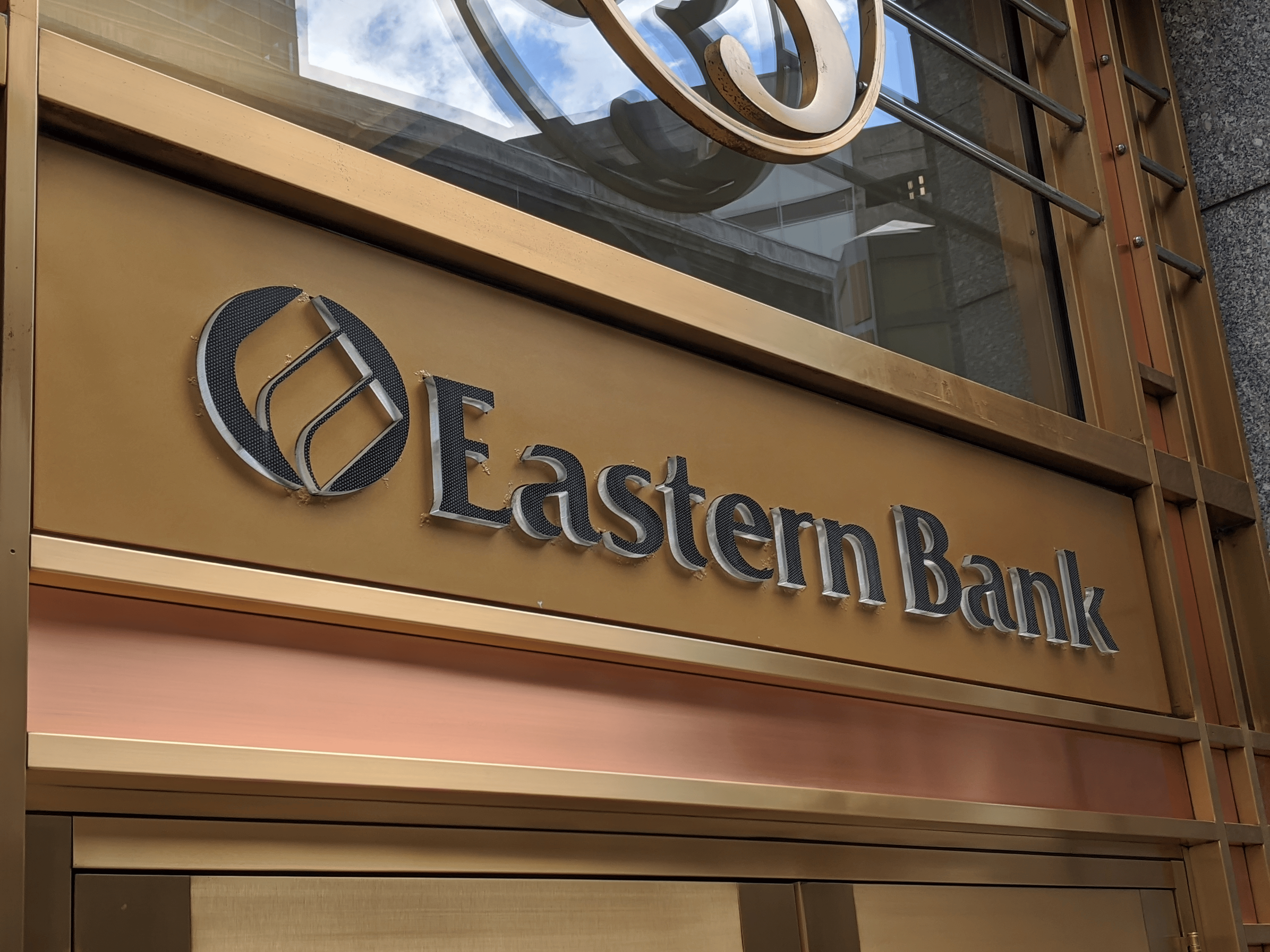After a $3.3 million loss in the second quarter, Boston Private Bank had a smaller loan loss provision in the third quarter and reported net income of $22.7 million.
The third quarter earnings gain was 13.5 percent more than net income for the same time period in 2019 of $20.0 million. Diluted earnings per share were $0.28, compared to diluted loss per share of $0.04 in the second quarter of 2020 and diluted earnings per share of $0.24 in the third quarter of 2019.
“We are proud of the dedication and commitment shown by the Boston Private employees guiding our clients through this challenging environment,” Anthony DeChellis, CEO of Boston Private, said in the third quarter earnings statement. “This quarter’s financial results include a provision credit and continued strong new business in our Wealth Management & Trust business. We strengthened our capital and liquidity position to provide flexibility as we navigate the uncertain environment. We remain committed to our strategic objectives and believe that we are well positioned for long-term success.”
After a $25.4 million loan loss provision in the second quarter, Boston Private lowered the provision to $2.8 million. The bank attributed the lower amount to an improved economic forecast related to the current expected credit losses (CECL) methodology, resulting in lower reserves on residential mortgages and construction and land loans.
The allowance for loan losses as a percentage of total loans, not including Paycheck Protection Program loans, was 1.23 percent in the third quarter of 2020, compared to 1.28 percent in the second quarter of 2020. PPP loans do not require an allowance for loan losses.
Through its wealth management businesses, Boston Private had total assets under management of $16.3 billion at the end of the third quarter, up 2 percent compared to the second quarter. The bank said favorable market action contributed to the increase, though it was partially offset by negative net flows of $395 million from Dalton, Greiner, Hartman, Maher & Co LLC, a subsidiary of the bank’s parent company. Total net flows were negative $407 million during the third quarter of 2020, driven by net outflows of $395 million at DGHM.
Boston Private’s Wealth Management and Trust segment also had negative net flows of $12 million during the third quarter, primarily resulting from client assets that were transferred from fixed income products into bank deposit products, as well as tax payments made during the quarter. The bank said it had low client attrition in the Wealth Management & Trust division, along with $299 million in new business during the third quarter, up from $251 million for the second quarter of 2020.
Outflows from the wealth was one factor in average total deposits increasing in the third quarter to $7.7 billion, up 6 percent compared to the second quarter and 16 percent year-over-year. Deposits from existing and new clients and an increase in wealth sweep deposits were other factors in deposit growth cited by the bank. Average total loans were $7.3 billion, a 3 percent increase year-over-year.
Boston Private is also moving closer to being a $10-billion-asset bank. It had total assets of $9.4 billion at the end of the third quarter, up from $9.1 billion at the end of the second quarter and $8.8 billion at the end of 2019.




 |
| 




